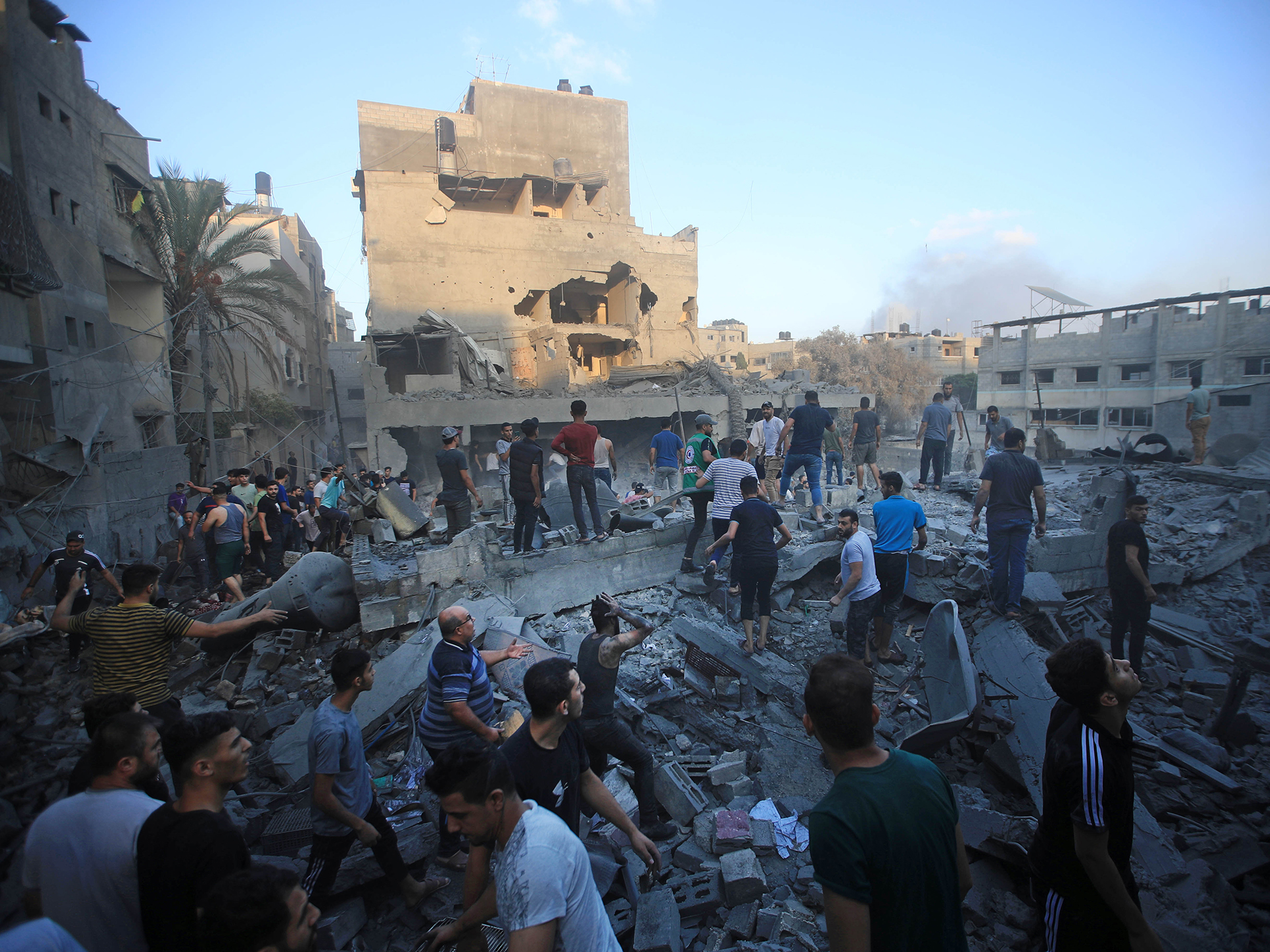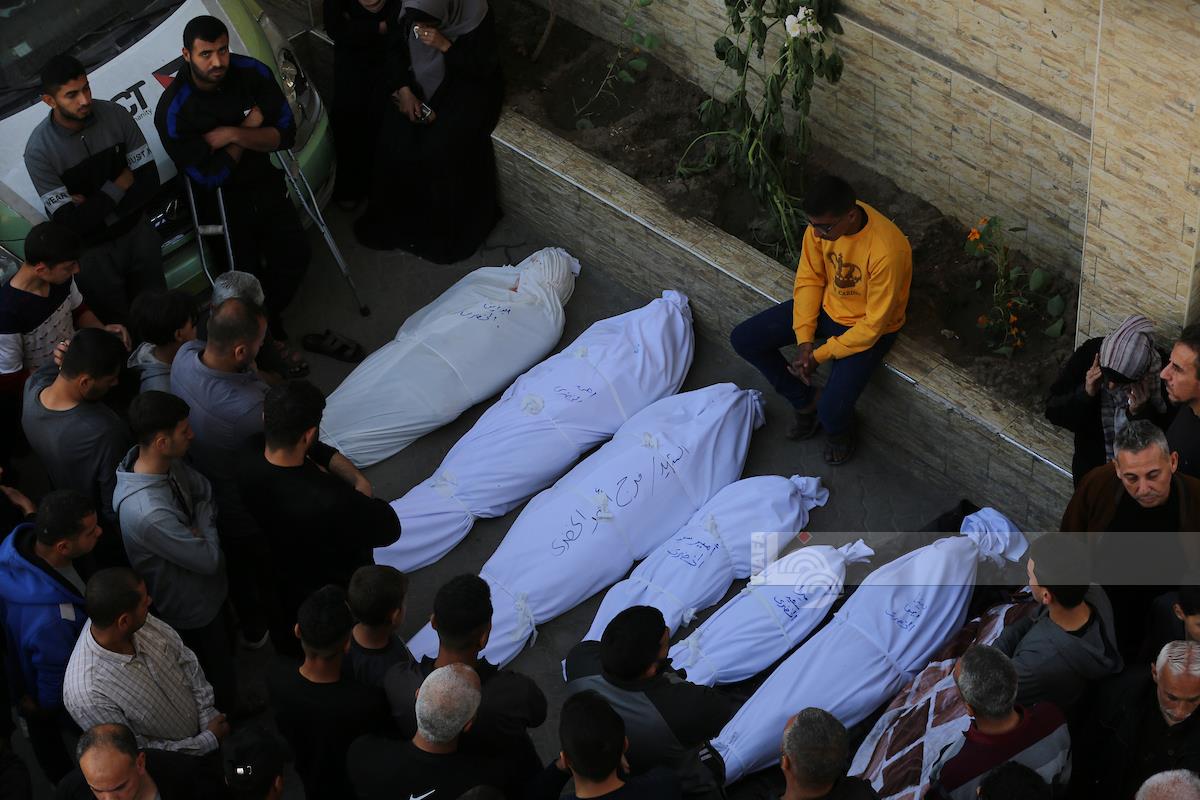RAMALLAH, September 16, 2017 (WAFA) – As Palestinians worldwide mark on Saturday the 35th anniversary of the Sabra and Shatila massacre, a Palestine Liberation Organization (PLO) official said the massacre still represents Israel‘s cruelty and inhumanity towards the Palestinian people.
Several thousand Palestinian refugees were brutally massacred by a Lebanese militia group immediately after the Israeli army under Ariel Sharon had occupied the Lebanese capital, Beirut, where the camps are located, in August 1982.
The Israeli army allowed the militias access to the camps and knew about the massacre that went on for three days but did nothing to stop it, according to an Israeli commission that investigated the events of those days. The massacre claimed the lives of at least 3,000 Palestinian refugees.
PLO Executive Committee member Hanan Ashrawi said in a statement marking this occasion that the massacre took place with the collusion and support of the Israeli army.
“Today we somberly mark the thirty-fifth anniversary of the massacre of innocent Palestinian civilians in the Sabra and Shatila refugee camps in West Beirut that took place between September 15-18, 1982 with the collusion and support of the Israeli army under Ariel Sharon who left a legacy of bloodshed and destruction,” she said.
“This remains a tragic chapter in Palestinian history, and thirty-five years later, the Sabra and Shatila massacre still represents Israel‘s cruelty and inhumanity towards the Palestinian people as a whole. This massacre, as well as other massacres against the Palestinian people, goes unpunished.”
The PLO official said the massacre “should remind the entire international community that the plight of the more than six million Palestinian refugees has not been resolved. Instead of targeting UNRWA (the United Nations Relief and Works Agency for Palestine Refugees), Israel and the U.S. must do justice to the Palestinian refugees and implement international law and UN resolutions, particularly United Nations General Assembly Resolution 194 (1948), the 1951 Geneva Convention Relating to the Status of Refugees, the International Covenant on Civil and Political Rights (1966) and the Universal Declaration of Human Rights (1948).”
M.K.











